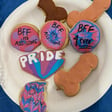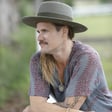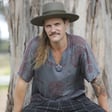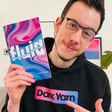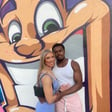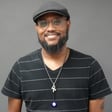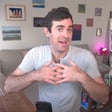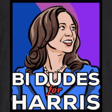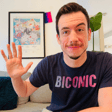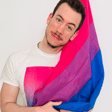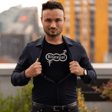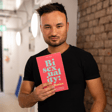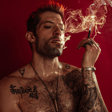
How to Internalize Validation with Vaneet Mehta
Follow Vaneet on Twitter: https://twitter.com/nintendomad888
Follow Vaneet on Instagram: https://www.instagram.com/nintendomad888/
Ever scoffed at the idea of telling yourself you look hot in the mirror? What if it actually works? We chatted with Bi+ activist and soon-to-be-author Vaneet Mehta about how to accept external validation and then repeat it and internalize it until it becomes a closed loop of confidence.
Like many Bi+ people, Vaneet struggled for years to identify and accept his bisexuality, and on top of that struggled within the strict confines of masculinity in the predominantly Indian/South-Asian community of Southall, West London. We talked about how Vaneet gained confidence in his identity and came out in that environment, how it affected his mental health (TRIGGER WARNING: talk of suicide and suicidal ideation), finding a queer community with common interests outside of queerness to "bridge the gap" (like "Gaymers"), the book he's writing on bisexual men, why he created the hashtag #BisexualMenExist, and the journey from self-discovery to paying it forward by helping others.
Two Bi Guys is produced and edited by Rob Cohen
Created by Rob Cohen and Alex Boyd
Logo art by Kaitlin Weinman
Music by Ross Mintzer
We are supported by The Gotham (formerly IFP)

